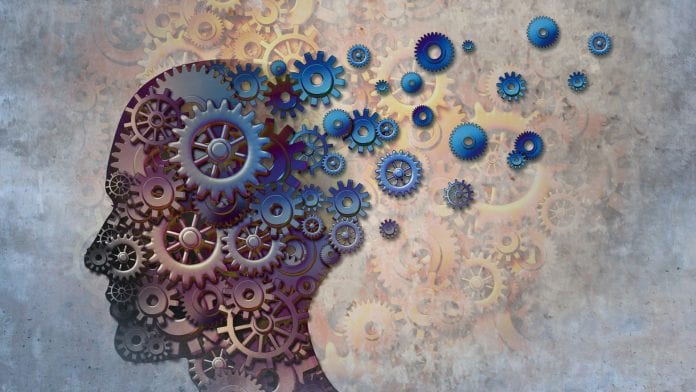
Older adults concerned about displaying early symptoms of memory loss should also consider that they may have impaired hearing.
Published in the Canadian Journal on Aging, older adults concerned about displaying early symptoms of Alzheimer’s disease should also consider a hearing check-up. According to a Baycrest, Canada, study, what might appear to be signs of memory loss could actually suggest impaired hearing.
The correlation of impaired hearing and memory loss
The study found that majority 56% of participants being evaluated for memory/thinking concerns and potential brain disorders had some form of mild to severe hearing loss, but only about 20% of individuals used hearing aids.
Among the participants, a quarter of them did not show any signs of memory loss due to a brain disorder.
Dr Susan Vandermorris, study author and a clinical neuropsychologist, Baycrest explains: “We commonly see clients who are worried about Alzheimer’s disease because their partner complains that they don’t seem to pay attention, they don’t seem to listen, or they don’t remember what is said to them.”
“Sometimes addressing hearing loss may mitigate or fix what looks like a memory issue. An individual isn’t going to remember something said to them if they didn’t hear it properly.”
Impaired hearing
Hearing loss is the third most common chronic health condition in older adults, which is experienced by 50% of individuals over the age of 65 and 90% of people over the age of 80. It takes an average of 10 years before people seek treatment and less than 25% individuals who need hearing aids will buy them.
“Since hearing loss has been identified as a leading, potentially modifiable risk factor for dementia, treating it may be one-way people can reduce the risk,” says Marilyn Reed, another author on the study and practice advisor with Baycrest’s audiology department.
“We are starting to learn more about the important role hearing plays in the brain health of our aging population.” adds Dr Kate Dupuis, lead author on the study.
“In order to provide the best care to our older clients, it is imperative that neuropsychologists and hearing care professionals work together to address the common occurrence of both cognitive and hearing loss in individuals.”
Moving forward, the researchers aim for the next steps of the study to involve optimizing screening strategies for impaired hearing in memory assessments and ongoing interprofessional collaborations to create educational tools that counsel clients about the relationship between hearing, memory and brain health.









